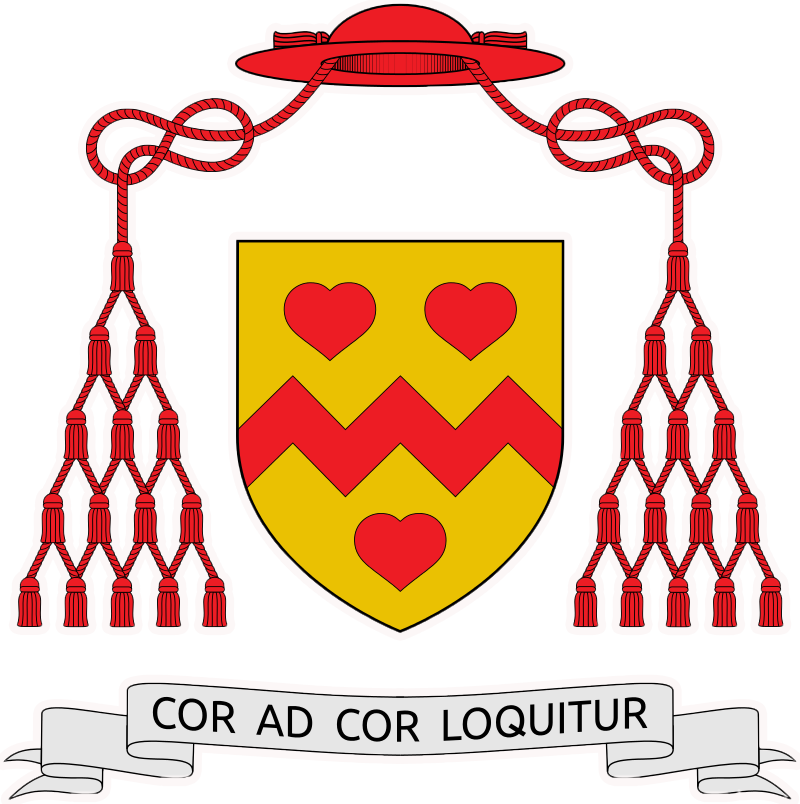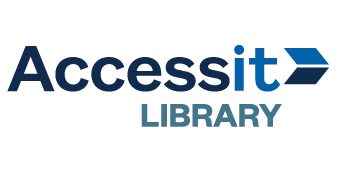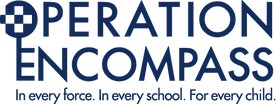History
Welcome to our History Department
At Newman, we believe that history can unlock doors to the past and to the future. We strive to allow pupils to discover a love for history as well as the skills to apply their learning to current tasks and their futures. Our vision is to foster this enthusiasm to enable pupils to be inquisitive, thoughtful, discerning historians.
History can allow us to understand the way our world is today and how it has been shaped by people and events in the past. It helps us to ask questions properly and develop our own interpretations, based on evidence. It is a subject filled with fascinating stories, interesting individuals and contentious issues with which our pupils can grapple.
Head of Humanities

Key Stage 3
Our Key Stage 3 curriculum is planned around the question: “What mattered to people in the past?” When pupils start St John Henry Newman Catholic School, we begin to explore medieval and early modern British history. What mattered to people in this period was primarily where their next meal was coming from. As time progressed, we move into religion becoming more important and finally move into the rise of political interest with the English Civil War. Moving on, we then explore how Britain became part of a global community in the Victorian and modern periods. We look at the rise of politics and protest with a focus on rights for different groups of people. Local history forms a key principle of our curriculum and is woven throughout. We aim to help pupils to understand a diverse range of history so that they can understand the world around them today. We firmly believe our curriculum should be both a mirror of our school community and a window to other cultures, both past and present.
In KS3 pupils will study:
- Why did William II build Carlisle Castle?
- How did rich and poor lives differ in the Middle Ages?
- How did conflict between Church and State impact the people?
- To what extent was the Black Death a total disaster?
- What was life like in the Kingdom of Mali?
- Why did Henry VIII build the Citadel?
- How did Tudor religious changes impact the people?
- How did the Industrial Revolution impact working lives in Carlisle?
- Why did Frederick Douglass come to Carlisle?
- Why was there a British Empire?
- How did colonisation and decolonisation impact India?
- How significant were the Suffragettes?
- How successful were American Civil Rights protests?
- What was the biggest problem facing soldiers on the Western Front?
- Why did World War One start and end?
- What were the key turning points of World War Two?
- Why did 300 Jewish children arrive in Windermere in 1945?
- What can the story of Berlin reveal about the Cold War?
- What stories can be told of post-war migration to Britain?
- How did the Romans impact health in Britain? Bridging unit to our GCSE content
GCSE
This course should give pupils a broad range of knowledge through engaging topics and dynamic teaching. It aims to develop the pupils’ enquiry skills to understand cause and consequence; significance; and change and continuity. Source evaluation and knowledge recall are strengthened components of the exams so pupils will get a lot of practice with these.
A-level
There are 3 units to the A-level:
- The Tudors: England 1485-1603
- Democracy and Nazism: Germany, 1918-1945
- Non-examined assessment (NEA): Suffrage and/or women's rights in the 19th and 20th centuries
We have chosen a broad range of topics to give pupils experience of multiple time periods which will provide a broad basis if pupils decide to carry on their study of history to degree level. In the past, the NEA may have been called coursework. Pupils select a question from within the assigned topic, covering a 100 year period, and spend time independently researching and writing a 4000 word essay analysing a key issue. This is on par with first year university work and requires dedication and commitment to working independently. Pupils can choose to focus on suffrage protests from 1819 to 1928 bringing in the Peterloo Massacre, protests for working men's suffrage, Chartism, and protests for women's suffrage including the Suffragists and Suffragettes. Alternatively, they can choose to focus on women's rights from 1866 to 1970 beginning with the rise of the suffrage movements, campaigns for marriage and family laws, women's work in World War One and Two, strikes such as the Matchgirls and Dagenham Factory Strike, leading up to the 1970 Equal Pay Act.












